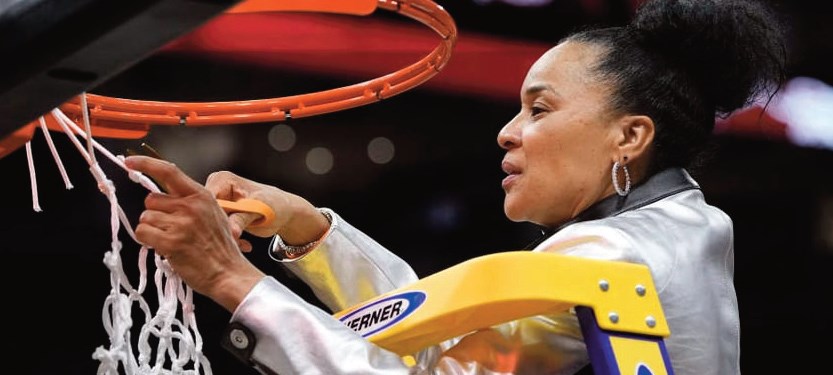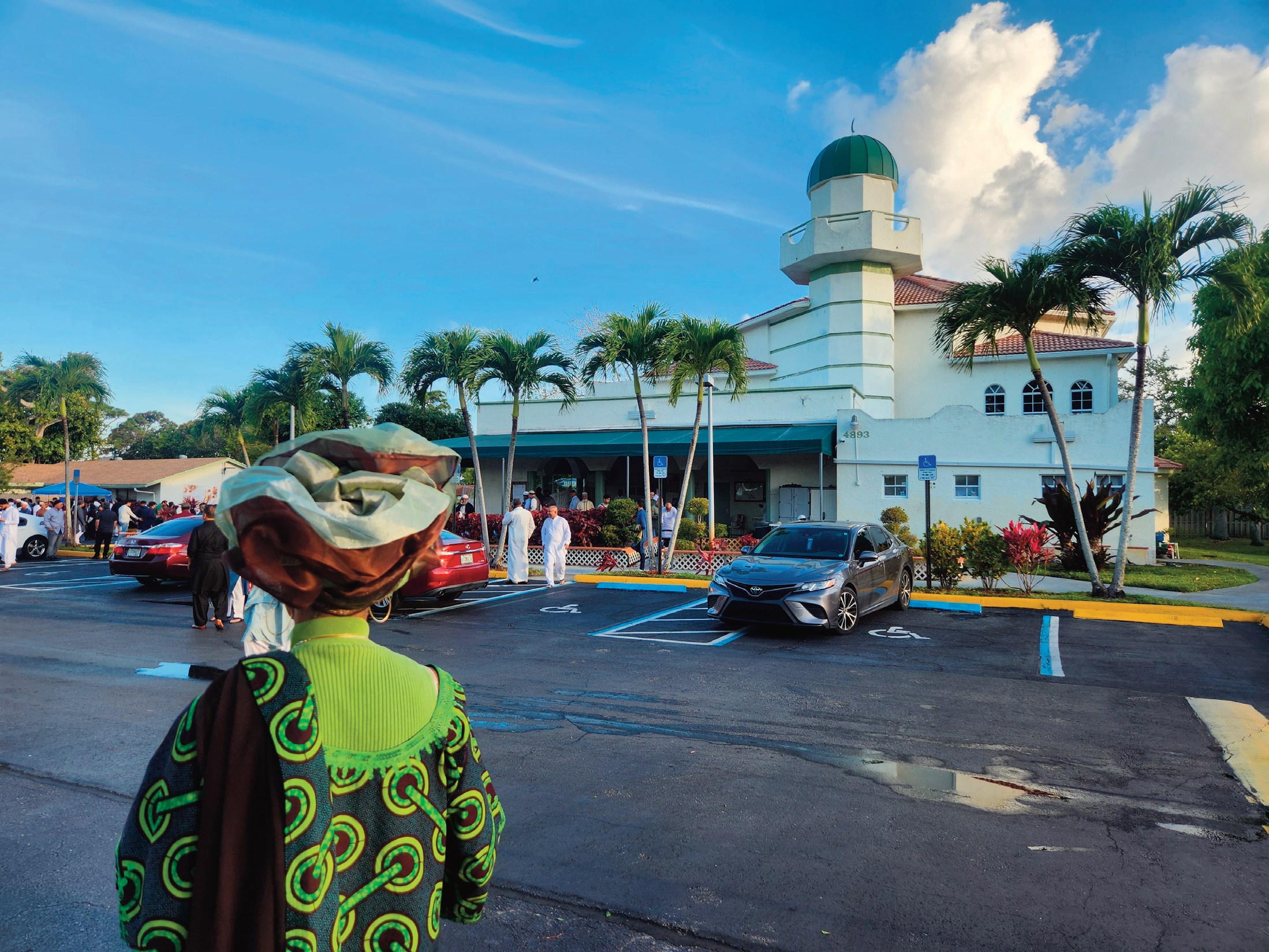 ATLANTA (AP) — Black lawmakers have lost clout in Southern state capitols as their overwhelming allegiance to the Democratic Party has left them without power in increasingly GOP-controlled Legislatures.
ATLANTA (AP) — Black lawmakers have lost clout in Southern state capitols as their overwhelming allegiance to the Democratic Party has left them without power in increasingly GOP-controlled Legislatures.
The nonpartisan Joint Center for Political and Economic Studies said in a report recently issued that despite Barack Obama's election as president, black voters and elected officials in the South have less influence now than at any time since the civil rights era.
The Washington-based think tank conducts research and policy analysis, particularly on issues that affect blacks and people of color.
Senior research associate David Bositis points out state Legislatures are increasingly divided along racial lines, making Republican synonymous with whites and Democrat and black interchangeable.
According to the report, a majority of Democrats in both chambers in Alabama, Georgia and Mississippi are black. In half of the Southern legislative chambers, blacks are a majority or near-majority of Democratic members.
“This begs the question: ‘What is the purpose of having a legislative black caucus when the majority of members in your legislative body are black?’” the report says.
It's a phenomenon unique to the South, as a majority of black state lawmakers serving in legislative bodies outside of the region belong to the party in charge, says the report.
“That's one of the costs of putting all your political capital in a single party,” said Emory University professor Merle Black, who is currently researching the rise of the Republican Party in the South. “When the Democrats were in power, there was a period there when black lawmakers were very influential.”
That era is over, at least for now, Black said.
“Unless the Democrats can work out some kind of deal with the Republicans, the issues that African Americans want to get passed along would have to have enough support among Republicans to pass them.”
Kansas state Rep. Barbara Ballard, who chairs the state House Democratic Caucus and is president of the National Black Caucus of State Legislators, said Southern black lawmakers who find themselves on the margins of power need to get more creative to remain effective.
“When you have smaller numbers, you work harder and you work smarter,” said Ballard, who has served in the Kansas House for 19 years. “We still have to represent our constituents. Just because someone else is running the agenda, if we weren't there they would totally control everything.''
Chris Jankowski, president of the Republican State Leadership Committee, said that, without question, the Voting Rights Act as applied to redistricting has led to the consolidation of a key voting bloc in the Democratic Party: African Americans.
“The effect of that is, in the South, to weaken the ability in the party to compete in other districts,” Jankowski said. “It does have an unintended, but very clear, impact on Republican prospects.”
White Democrats are fewer and far between in Southern statehouses. More than a dozen state lawmakers in five states defected to the GOP right after the 2010 midterm elections, underscoring dissatisfaction with Obama and the Democrats amid high unemployment and following a contentious fight over health care reform.
Before the 1994 midterm elections, nearly all black lawmakers served in the majority. Even prior to the 2010 midterm elections, about half of black state legislators in the South were in the majority, the report says. Now, only about five percent are in the majority.
And, of the 318 black state legislators in the South, only three are Republican, according to the center.
“Virtually all black elected officials in the region are outsiders looking in,” the report says.
The trend has strengthened the GOP's hand in redistricting fights. Black Democrats have accused majority Republicans in several Southern states of reducing their overall influence by packing more African-American voters than needed into black-majority districts drawn to comply with the Voting Rights Act. Several of these battles are shifting to the courts.
The report goes on to assert that Republican controlled Southern legislatures are both failing to address the needs of blacks in areas such as health care and education and leading “an assault on voting rights through photo identification laws and other means.” Republicans reject the charges, saying they are only trying to maintain the integrity of the voting process.












No Comment